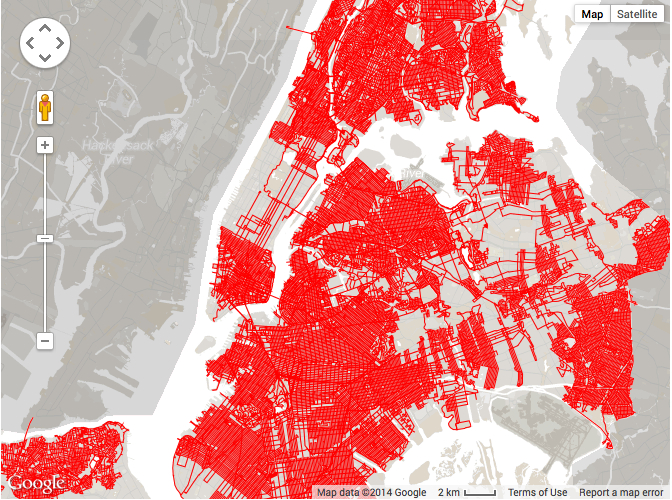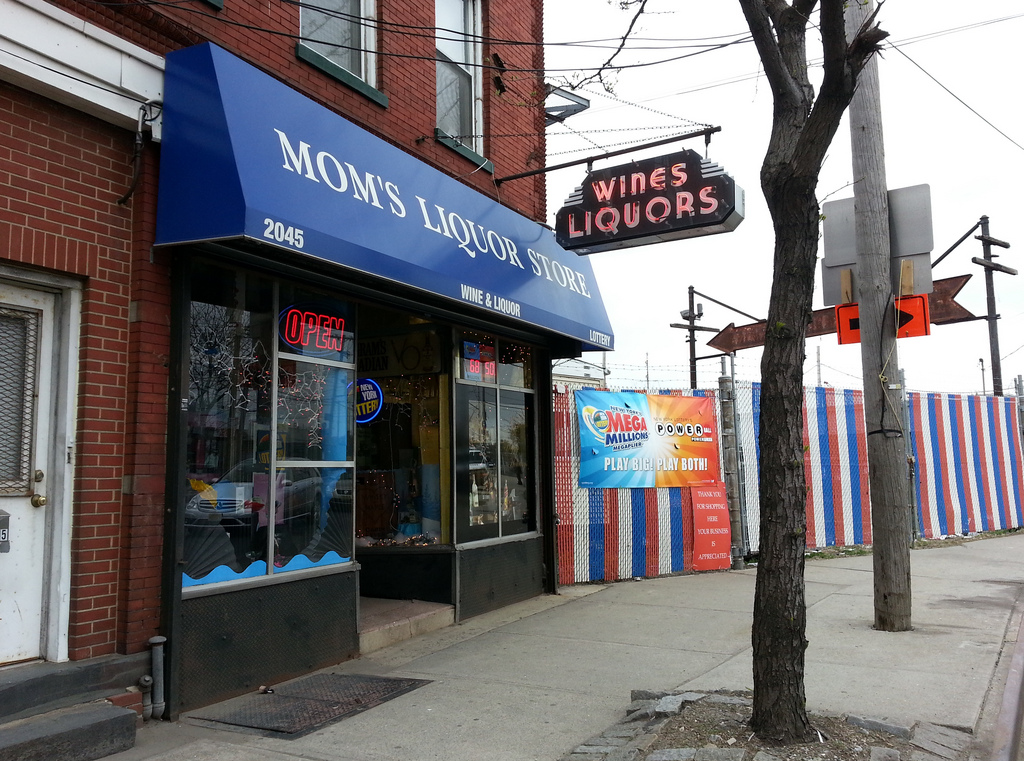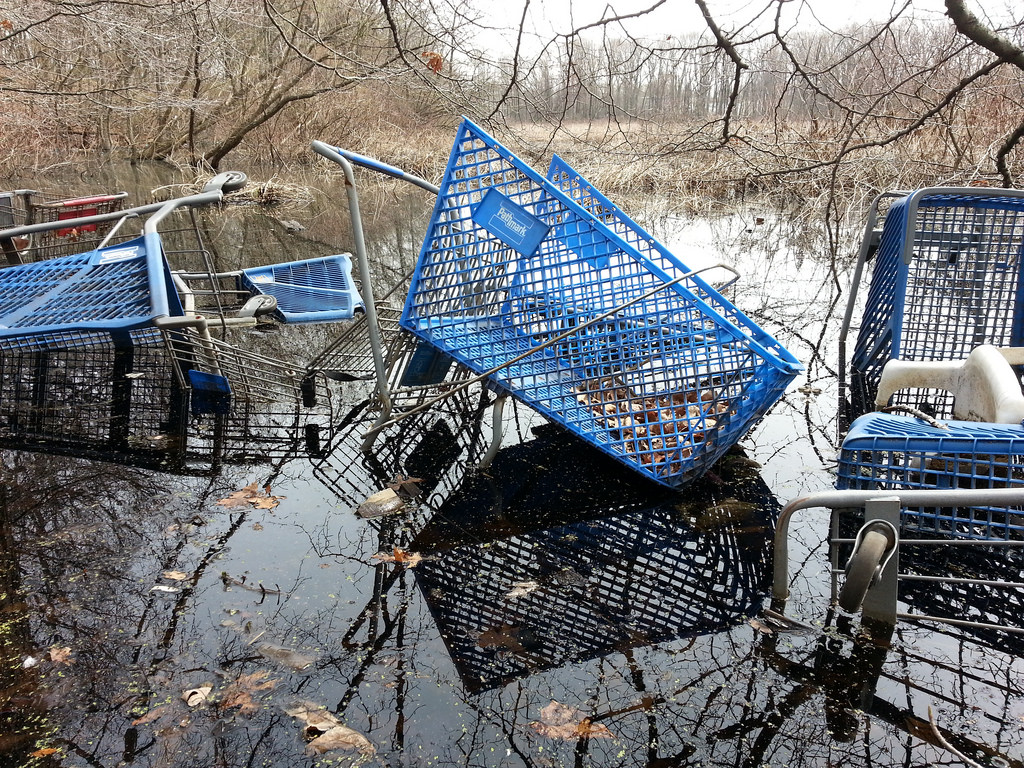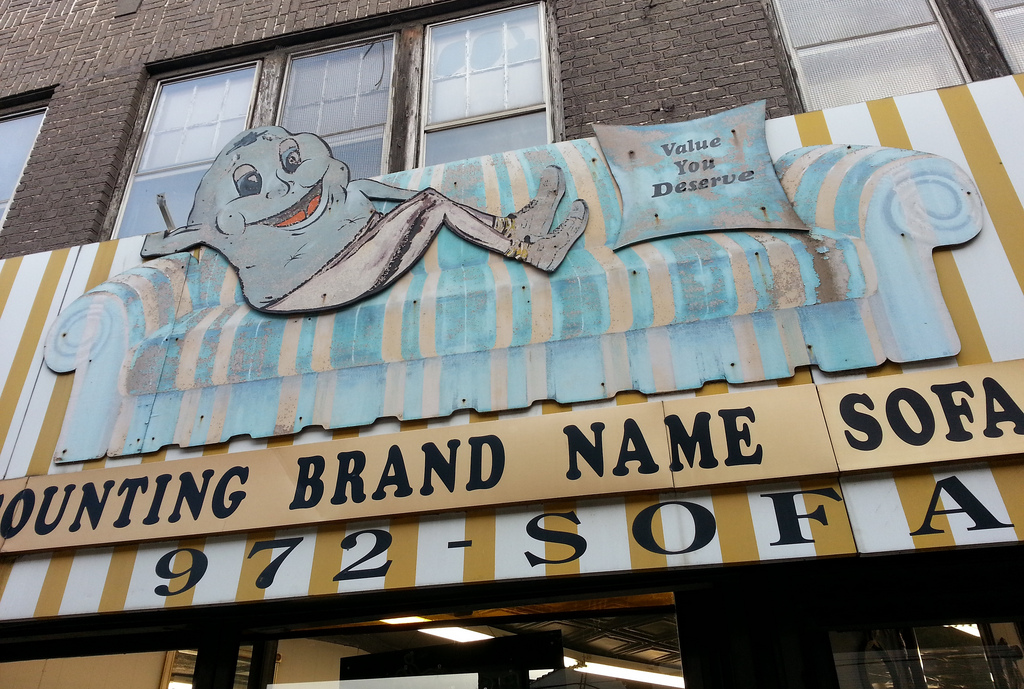It’s likely that having written that piece is exactly what made me notice all the writing about walking that suddenly seemed to be crossing my path. And the pace seems to have picked up in the last few months—just since August there’s been enough to fill a syllabus for a class on the Meaning Of The Walk (which I assume exists).
Adam Gopnik had a fascinating essay in The New Yorker not long ago that offered a kind of history of walking (that sounds silly, but it’s really good) through a review of two recent walking-related books. In The Smart Set, Wayne Curtis has written about walking as creative inspiration, and about car culture’s threat to the walk, among other subjects; he’s just published a walking-centric book The Last Great Walk: The True Story of a 1909 Walk from New York to San Francisco, and Why it Matters Today. More recently The Times Magazine profiled a contemporary epic walker, and just the other day Craig Mod offered a kind of stroll through past and contemporary walk-thought on Medium.
Some stress the walk’s benefits to physical or mental health: the act helps us think better; counteracts the negative effects of too much sitting; and if done properly makes us happier. Others approach the subject on a social or urban-planning level—could a more walkable built environment improve health in a car-centric place like Houston? Can we rework anti-pedestrian urban settings to “restore walking as a way of life”?
In light of all this, I’d like to put in a word for a project called “I’m Just Walkin’.” It isn’t new, I encountered it (I forget how) rather late, and it hasn’t been updated in a few months. Despite this, and the notably unpretentious title, it may be my favorite pro-walk exercise.
In short, it involves a guy named Matt Green, who has set out to walk “every public street in all five boroughs of New York City.” (Except the highways.) Throw in bridges and paths and he figures this will add up to 8,000 miles. He started on December 31, 2011, and has so far, according to his site, covered 5,658 miles.

I’m Just Walkin’ progress map.
First: I just like this idea. Usually the epic walk takes the traveler far from her or his starting point—and it turns out that Green himself previously walked from coast to coast. But this time he’s almost inverting that goal: covering an enormous distance over a period of years, but essentially staying in one place the entire time. It’s a journey to right where you are.
And obviously he picked a great setting. A New York Times story about Green, back when he was just starting this adventure, dutifully observed that New York is “a city of walkers.” That may be, but the truth is that most confine the great majority of their walking to familiar territories. Yet the city is physically vast, and many of my favorite New Yorkers are those who enjoy regularly exploring its more far-flung, under-celebrated neighborhoods. (Foodies are particularly useful for this purpose.) Green, of course, is one-upping them all.
Second: Green, a former civil engineer, takes pictures. This is why I follow his site. (They’re also geotagged on a map.) I don’t pretend they are outstanding examples of the photographic arts. But they regularly delight me: at walking pace, Green has time to notice obscure and humbly entertaining details.
According to that Times piece and accompanying video, he walks from late morning until sundown, crashes with friends, and spends very little. (There’s a donation button on the site.) He describes his effort as something like the opposite of a best-of list: instead of going where he’s told, he discovers things himself, mingling with strangers along the way.
After each walk, he posts a route map, and a series of pictures. He evidently researches some of what he’s encountered, so the captions often have short explanations, often with links for the curious.
For instance, Day 851 of his one-city journey involved a 21.9 mile walk around an area on the northern end of Staten Island. He passed the borough’s first minority motorcycle club, a bank that’s been converted into a church, a garage that looks to be part of the Boardwalk Empire set, and all sorts of interesting architecture, beautiful old houses, public art, unusual incursions of nature, and so on.
What grabs me tends to be the stuff that needs no explanation—oddball businesses, weird signage, mysterious detritus, unexpectedly pleasing aesthetic details. Like this establishment from that Staten Island walk:

Day 851: “Mom’s Liquor Store”
Or this gathering of Pathmark carts elsewhere in Staten Island:

Day 840: “Shoppin’ cart swimmin’ hole”
Or this rather crudely rendered, sneaker-wearing potato-figure, lounging on a furniture-store sign in Borough Park, Brooklyn:

Day 815: “Couch Potato”
Or this improbable bit of city décor: a heart, decorating, of all things, a standpipe, on the Upper East Side of Manhattan:

Day 804: “Standpipe Love”
Again these aren’t eye-popping photos, or jaw-dropping secret discoveries begging to be included in Atlas Obscura (or a best-of list). But that’s the point—what makes Green’s journey simultaneously awesome and modest is his willingness to engage with the environment he’s in and find the value that’s not obvious, but there. (As with Horowitz’ book, the project could inspire a great “looking” assignment—in this case, a long walk in an unfamiliar neighborhood in the city where you live.)
In other words, I like what Green is up to because it requires not just motion, but arrested motion. Sometimes the best part of walking is actually stopping.
